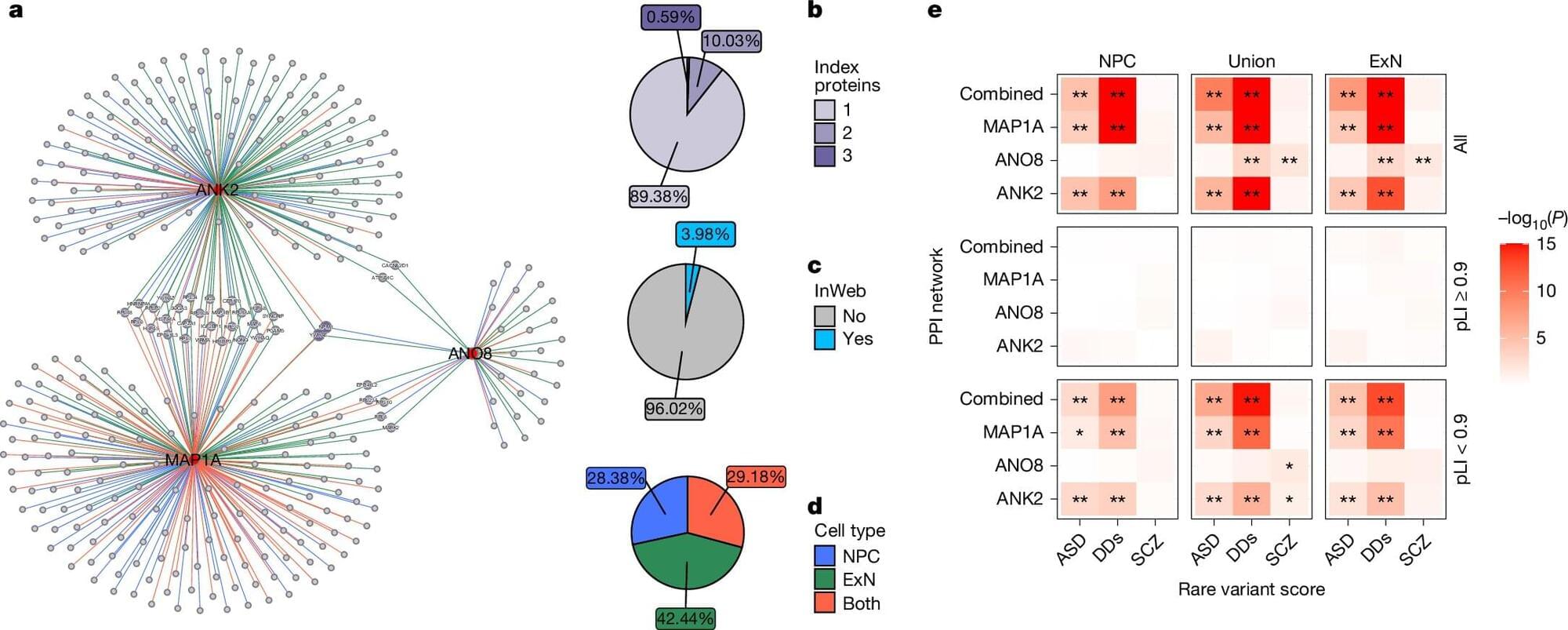ADHD is a neurodevelopmental disorder with a high heritability, in which the genetic component consists of thousands of genetic variants. Most variants only slightly increase the likelihood of receiving the diagnosis. Now an international study led by researchers from iPSYCH at Aarhus University has shown that rare high-effect genetic variants also play an important role.
The study has been published in Nature, and the researchers have found a markedly increased likelihood of developing ADHD among individuals carrying rare variants in three genes—MAP1A, ANO8 and ANK2—in some cases by up to 15 times.
These genetic variants are very rare, but when present, the study shows that they strongly affect genes expressed in the brain’s nerve cells. In individuals carrying these variants, the development and communication between nerve cells may therefore be disrupted, which can result in ADHD.
